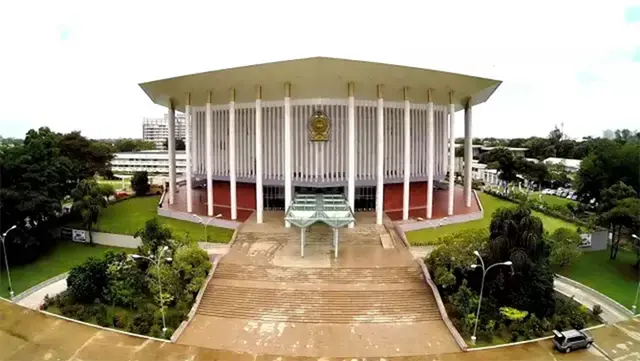Top U.S. presidential aide Susan Rice is to visit China next week to patch up recent rifts and put bilateral ties back on a right track.
The national security advisor to President Barack Obama will meet with a host of Chinese officials during her three-day stay here to underscore the U.S. commitment to "building a productive relationship" with China, according to a statement of U.S. National Security Council.
The visit is also seen as an effort to pave the way for the potential meetings between presidents of the two countries in the coming months.
Rice, in her capacity as the U.S. ambassador to the United Nations prior to her current post, drew much controversy for her harsh criticism of China over the Syrian issue in 2012.
However, now as the core designer of Obama administration's security policies, the former hard-line diplomat has apparently come to realize the utmost significance of a normal and constructive China-U.S. relationship.
In a speech on U.S. policies toward the Asia Pacific last year, Rice pledged that Washington will work to "operationalize" a new model of major-country relations with China by managing inevitable competition and forging deeper cooperation on issues of common interest.
Despite some fundamental differences between the two countries, their common interests on many major challenges, such as the denuclearization of the Korean Peninsula and a peaceful resolution to the Iranian nuclear issue, "can and should be more closely aligned," she noted.
Such remarks are merited and highly suggestive of the U.S. aspiration for enhanced coordination and cooperation with China in face of an increasingly complex international landscape.
However, there are times when Washington discards its own commitment and opts for provocations out of fear for Beijing's growing economic prowess and regional clout, as manifested by its frequent close-in reconnaissance in China's airspace.
A close encounter between a U.S. navy patrol plane and a Chinese fighter jet over the South China Sea in August has sparked rounds of barbs and bickering between the two sides.
What is also worrying is that the U.S. leadership has apparently followed a bad tradition of taking China as scapegoat for its own messy domestic and foreign policies, while overlooking the big picture of China-U.S. relations.
In an Aug. 8 interview with the New York Times, President Obama called China a "free rider" in Iraq for the last 30 years and blamed China for not taking more international obligation.
While it is time for explanation for a failed Iraq policy, Obama has unfortunately refused to admit the inconvenient truth and tried to avert public attention to China.
With such irresponsible remarks, the president was not only leading his country to nowhere, but also jeopardizing years of U.S. efforts to hone ties with China.
Thus, Rice's first China trip in her current position comes at a particularly critical time when it is of great urgency for the United States reaffirm its commitment and sincerity to Beijing by treating it as a true partner.
As Obama's right hand, she is also obliged to sort out sense and sensibility for the U.S. leaders so as to construct a truly stable major-country relationship.
 简体中文
简体中文

